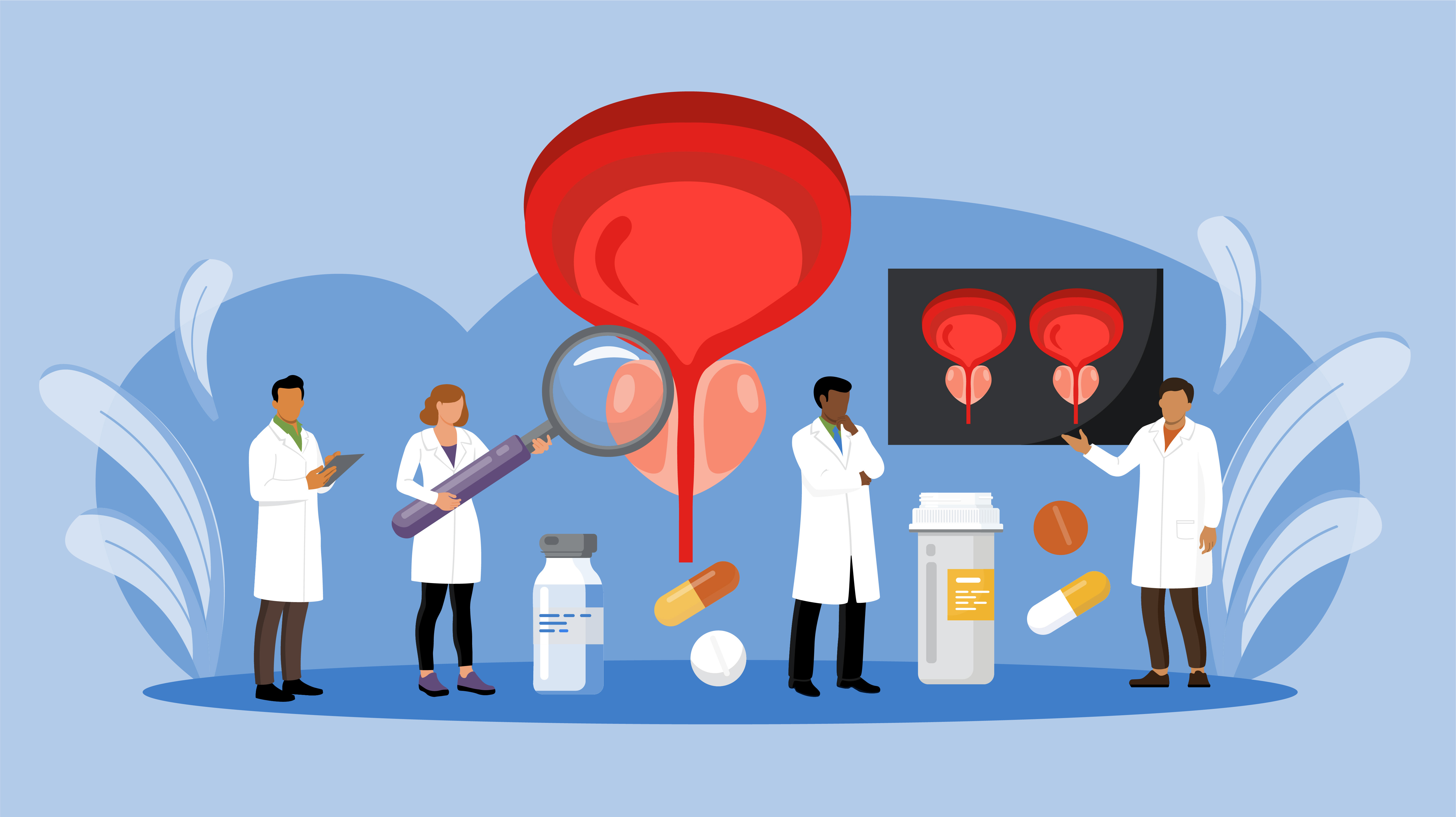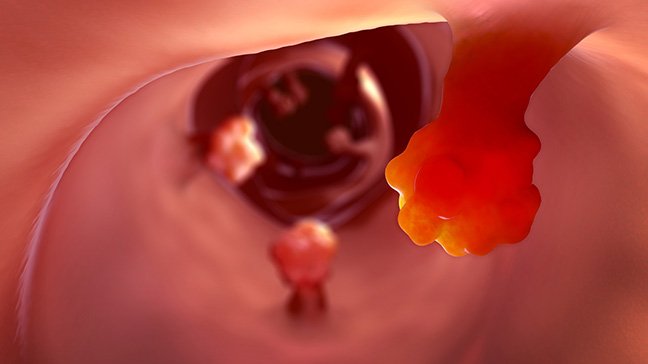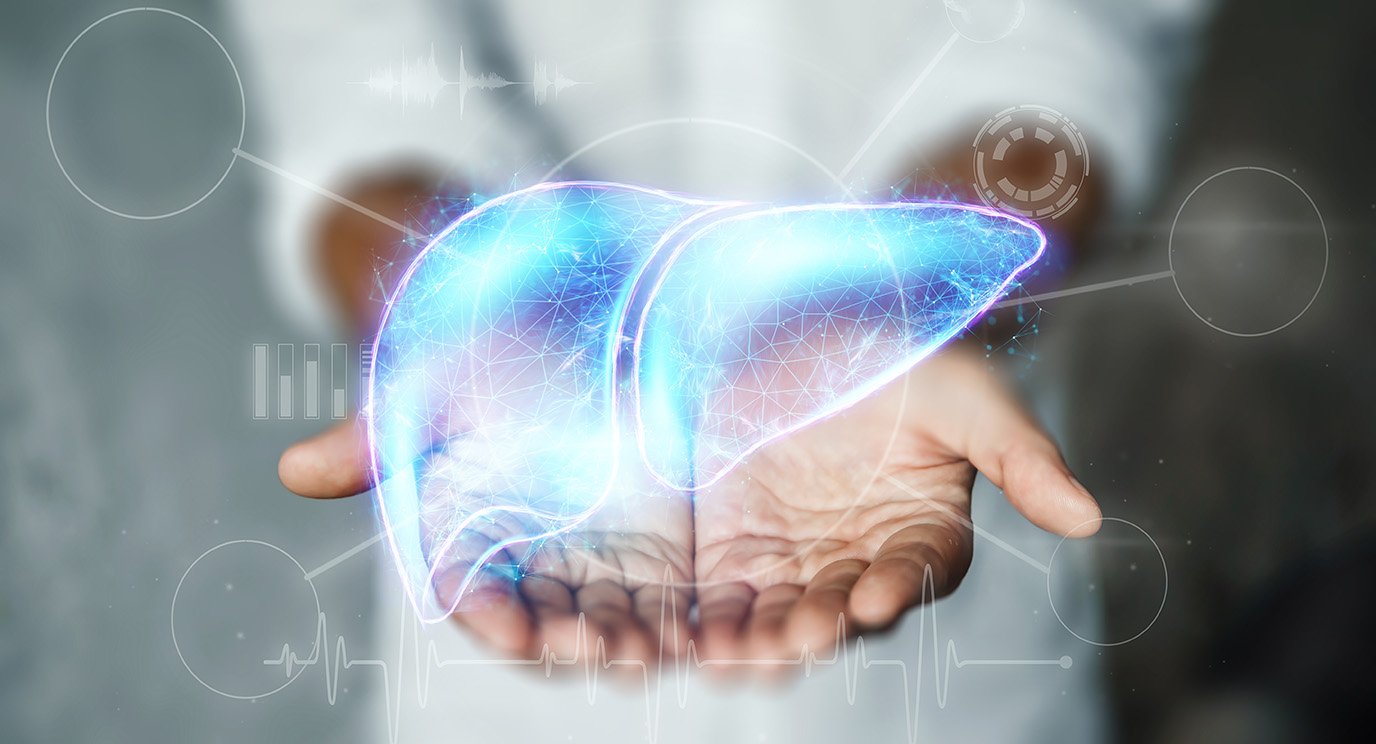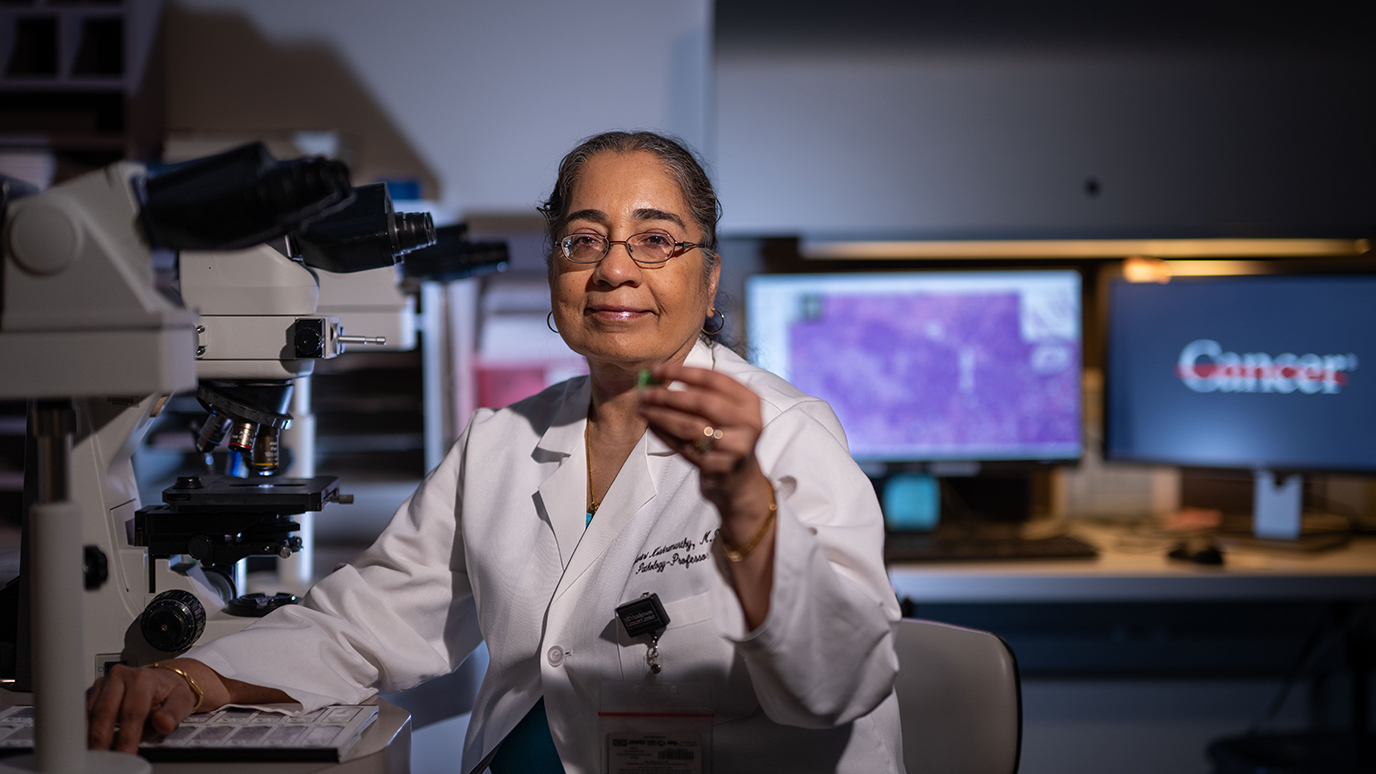- Diseases
- Acoustic Neuroma (14)
- Adrenal Gland Tumor (24)
- Anal Cancer (68)
- Anemia (2)
- Appendix Cancer (16)
- Bile Duct Cancer (26)
- Bladder Cancer (72)
- Brain Metastases (28)
- Brain Tumor (232)
- Breast Cancer (714)
- Breast Implant-Associated Anaplastic Large Cell Lymphoma (2)
- Cancer of Unknown Primary (4)
- Carcinoid Tumor (8)
- Cervical Cancer (160)
- Colon Cancer (166)
- Colorectal Cancer (118)
- Endocrine Tumor (4)
- Esophageal Cancer (44)
- Eye Cancer (36)
- Fallopian Tube Cancer (8)
- Germ Cell Tumor (4)
- Gestational Trophoblastic Disease (2)
- Head and Neck Cancer (14)
- Kidney Cancer (128)
- Leukemia (342)
- Liver Cancer (50)
- Lung Cancer (286)
- Lymphoma (278)
- Mesothelioma (14)
- Metastasis (30)
- Multiple Myeloma (100)
- Myelodysplastic Syndrome (60)
- Myeloproliferative Neoplasm (6)
- Neuroendocrine Tumors (16)
- Oral Cancer (100)
- Ovarian Cancer (172)
- Pancreatic Cancer (160)
- Parathyroid Disease (2)
- Penile Cancer (14)
- Pituitary Tumor (6)
- Prostate Cancer (146)
- Rectal Cancer (58)
- Renal Medullary Carcinoma (6)
- Salivary Gland Cancer (14)
- Sarcoma (238)
- Skin Cancer (296)
- Skull Base Tumors (56)
- Spinal Tumor (12)
- Stomach Cancer (64)
- Testicular Cancer (28)
- Throat Cancer (92)
- Thymoma (6)
- Thyroid Cancer (98)
- Tonsil Cancer (30)
- Uterine Cancer (82)
- Vaginal Cancer (18)
- Vulvar Cancer (20)
- Cancer Topic
- Adolescent and Young Adult Cancer Issues (20)
- Advance Care Planning (12)
- Biostatistics (2)
- Blood Donation (18)
- Bone Health (8)
- COVID-19 (362)
- Cancer Recurrence (120)
- Childhood Cancer Issues (120)
- Clinical Trials (632)
- Complementary Integrative Medicine (22)
- Cytogenetics (2)
- DNA Methylation (4)
- Diagnosis (232)
- Epigenetics (6)
- Fertility (62)
- Follow-up Guidelines (2)
- Health Disparities (14)
- Hereditary Cancer Syndromes (126)
- Immunology (18)
- Li-Fraumeni Syndrome (8)
- Mental Health (116)
- Molecular Diagnostics (8)
- Pain Management (62)
- Palliative Care (8)
- Pathology (10)
- Physical Therapy (18)
- Pregnancy (18)
- Prevention (920)
- Research (392)
- Second Opinion (74)
- Sexuality (16)
- Side Effects (608)
- Sleep Disorders (10)
- Stem Cell Transplantation Cellular Therapy (216)
- Support (402)
- Survivorship (322)
- Symptoms (182)
- Treatment (1786)
What my family learned from life after melanoma treatment
3 minute read | Published September 19, 2014
Medically Reviewed | Last reviewed by an MD Anderson Cancer Center medical professional on September 19, 2014
When my husband, Steve, was diagnosed with stage IV melanoma, he was given six to nine months to live. That was almost three years ago.
After Steve underwent several rounds of biochemotherapy, a major surgery, Zelboraf and Yervoy, doctors performed scans and found no evidence of disease (NED). Now our family is getting ready for another round of scans to see if Steve is still NED.
Regardless of the outcome, we've learned a few things in the past year.
The fear never goes away
Every time Steve has a scan or doctor's appointment, it feels like we are starting all over again with the fear, worry, insecurities, and uncertainty.
I have mixed emotions coming back to MD Anderson for follow-up appointments. The anxiety of scans and the fear of the unknown can be so overwhelming at times.
Yet, ironically, I have a sense of peace when we're at MD Anderson. I know they have given Steve an extension of life that we were not sure we would get. I know they have saved his life through melanoma treatment and surgeries. We love the MD Anderson staff, so as overwhelming as the days leading up to follow-up appointments can be, I feel at peace the moment we walk in the doors.
We need to live every day to the fullest
Although we don't want to (and don't) live in fear, we have to be realistic: Steve's melanoma could return at any time.
That's why my family and I took some time to forget about melanoma this past year. During this time, we built a new house, spent time with friends and family and even took a few weekend getaways.
There is still an incredible need for more research, clinical trials, drugs, etc.
I have lost a few close friends to melanoma, and I have so many more friends still fighting.
I am very active in the melanoma community. I love it. It is a passion of mine now and probably will be for the rest of my life. It is important to stay involved because I know there are so many still suffering, still waiting to hear that they are also NED and still waiting on a cure. I owe it to the friends I have lost to melanoma to keep fighting.
Although Steve is NED now, he may not always be. That's another reason it's so important for us to stay involved in the melanoma community -- to keep up with the latest clinical trials, treatments, etc. Through talking to Steve's doctors, we've learned that our daughter also is at a much higher risk for melanoma. Each person with a first-degree relative diagnosed with melanoma has a 50 percent greater chance of developing the disease than people who do not have a family history of the disease. It is extremely important to me to keep up, educate and raise money.
There's one last reason I stay active in the melanoma community: I urge newly diagnosed melanoma patients and their loved ones to try and stay positive and know that those are only statistics. New clinical trials and medicines are changing those statistics. Look at us. We're proof.
Melanoma is one of the cancers MD Anderson is focusing on as part of our Moon Shots Program to dramatically reduce cancer deaths. Learn about our Lung Cancer Moon Shot.

New clinical trials and medicine are changing the statistics. We're proof.
Jennifer Martin
Caregiver





